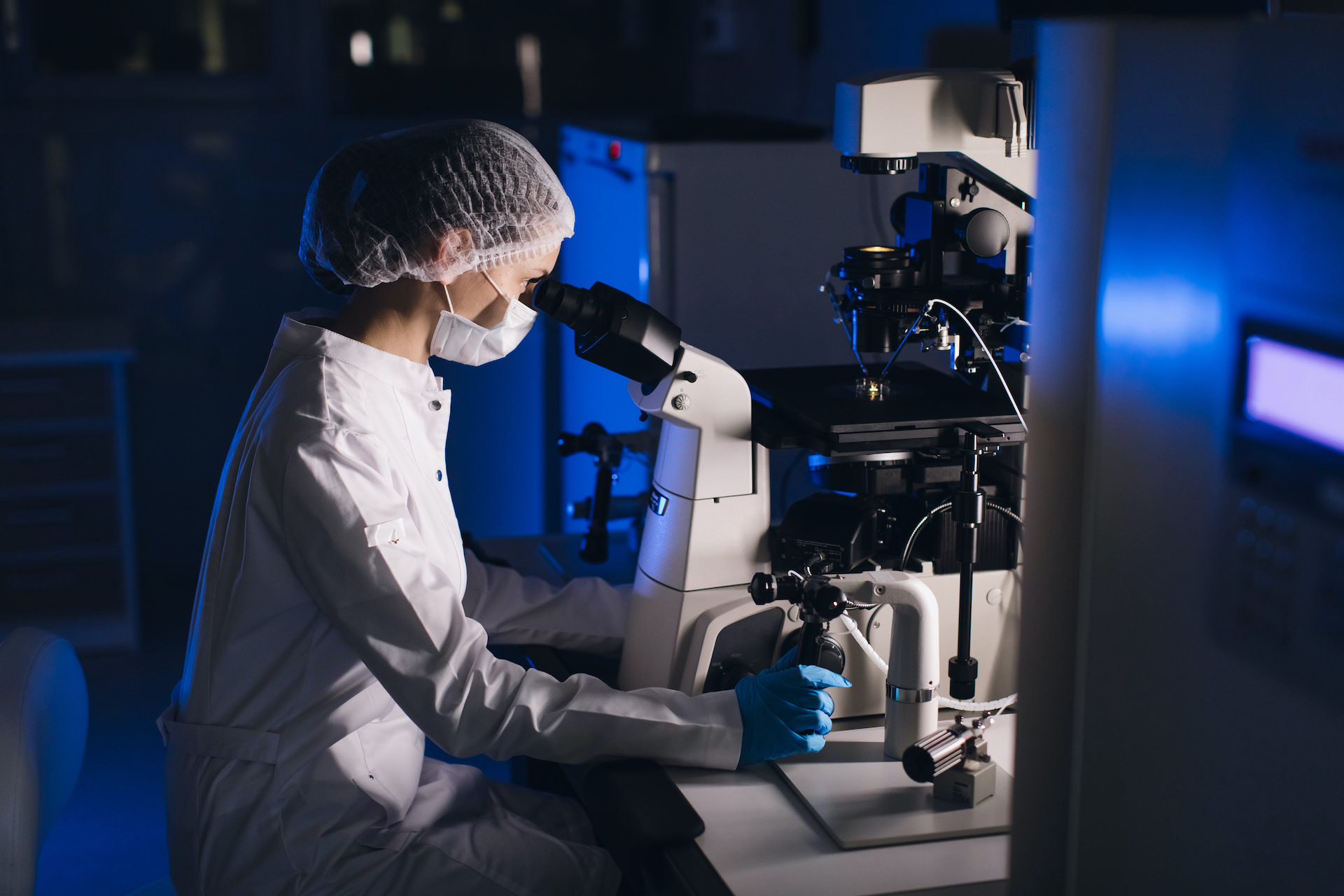 Jul 25, 2024 | by Miranda Stomp, Embryo Donation Case Manager
Jul 25, 2024 | by Miranda Stomp, Embryo Donation Case Manager
World IVF Day 2024: Celebrating Embryologists Worldwide
July 25th is World IVF Day, also known as World Embryologist Day, offering us the chance to honor the incredible work of embryologists past and present. Join us as we explore a timeline of breakthrough achievements in IVF and embryology that have paved the way for the miracles we witness today.
Why July 25th?
July 25th was chosen as World IVF Day because it is the birthday of Louise Brown, the first baby ever born through in vitro fertilization (IVF). Louise was born in Oldham, United Kingdom, on this day in 1978. Since then, over 8 million babies have been born through IVF.
What is an Embryologist?
Embryologists are scientists who work behind the scenes in laboratories, nurturing the healthy growth of embryos for IVF transfer or preservation. These dedicated professionals are often referred to as the “caretakers” of a patient’s sperm, eggs, or embryos, overseeing their development from start to finish.
What Does an Embryologist Do?
To understand the vital role of embryologists, here are some common duties they perform:
- Maintaining lab environment
- Determining patient’s fertility levels
- Inseminating eggs to create embryos
- Monitoring embryo development
- Grading and observing embryos
- Genetic testing of embryos
- Preservation/freezing of sperm, eggs, and embryos
- Selecting embryo(s) for transfer
Breakthrough Achievements in the History of Embryology and IVF
In honor of World IVF/Embryologist Day, let’s recognize a few of the incredible pioneers who pushed boundaries and created possibilities that were previously unimaginable, laying the foundation for all future advancements in making IVF the successful and common procedure it is today.
-
1890’s: First reported case of embryo transplantation in rabbits.
-
1959: The first birth in a nonhuman mammal (a rabbit) resulting from IVF occurred.
-
1969: A human egg was successfully fertilized outside a woman’s body for the first time.
-
1973: First positive pregnancy after transferring an embryo into the uterus. Unfortunately, the pregnancy resulted in a miscarriage early on.
-
1978: First baby ever born through IVF. Louise Brown was born in Oldham, United Kingdom, on July 25th, 1978, due to the collaborative work of Sir Robert Edwards and Patrick Steptoe. Edwards received a Nobel Prize in 2010 for the development of IVF.
-
1981: First IVF baby born in the United States. Elizabeth Carr was born on December 28th, 1981, in Norfolk, Virginia, credited to the work of doctors Howard and Georgeanna Jones.
-
1983: First baby born using donor eggs, achieved by the Monash IVF team in Australia. The first pregnancy established using a donor embryo was also achieved in 1983.
-
1984: The first baby born from cryopreserved embryos.
-
1990: Preimplantation Genetic Diagnosis (PGD) is successfully applied in human embryology for the first time.
-
1992: ICSI (Intracytoplasmic Sperm Injection) procedure is performed for the first time.
We Stand on the Shoulders of Giants
We are deeply grateful for the embryologists who pioneered IVF as we know it today, as well as the incredible embryologists we are honored to partner with in serving our patients. Without the dedication and passion of embryologists, what we do would not be possible. We look forward to celebrating World IVF Day 2024 and recognizing the life-giving work of embryology!
Find Additional Resources in the Donor Nexus Blog:
- What Are My Options for Unused Embryos After IVF?
- Epigenetics: The Amazing Connection Established in the Womb
- Embryo Adoption vs. Embryo Donation
- Donor Embryo Success Rates (Embryo Adoption or Donation)
- Fresh vs. Frozen Donor Eggs: 5 Important Factors to Compare
Sources:
- https://www.ncbi.nlm.nih.gov/pmc/articles/PMC6140213/
- https://ivf-worldwide.com/ivf-history.html
- https://www.nytimes.com/1984/04/11/us/first-baby-born-of-frozen-embryo.html
- https://www.ncbi.nlm.nih.gov/pmc/articles/PMC4449675/
Donor Database
Register now to receive free and instant access to our online donor database
GET STARTED »
Finding this Program Was a Godsend...
"We are so very excited! Thank you for your help in making this experience so easy. I will absolutely recommend Donor Nexus. We had been to 3 other doctors who had told us there was a 2-year waiting list for donated embryos. Finding this program was a godsend.”
– Intended Parent J.D.



